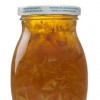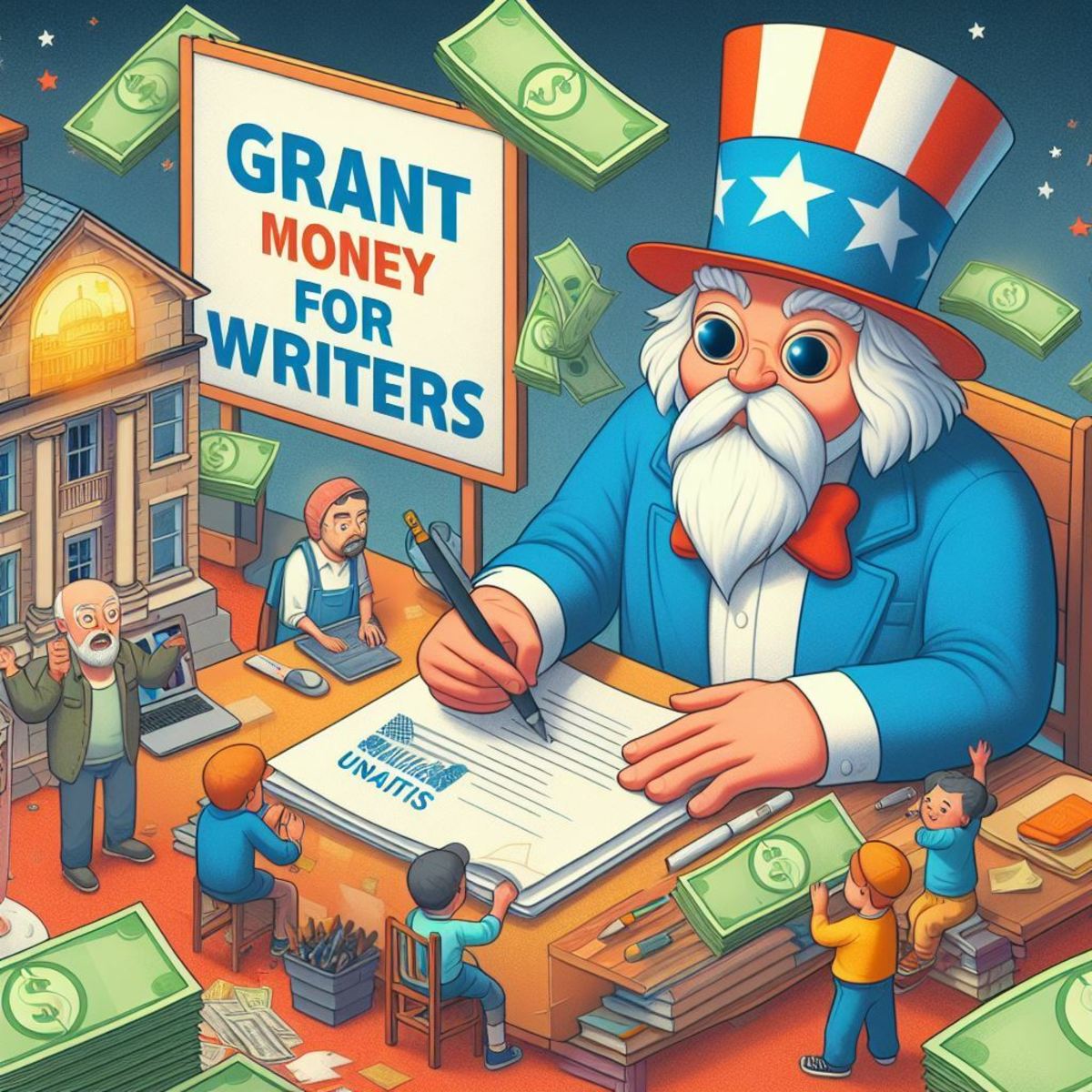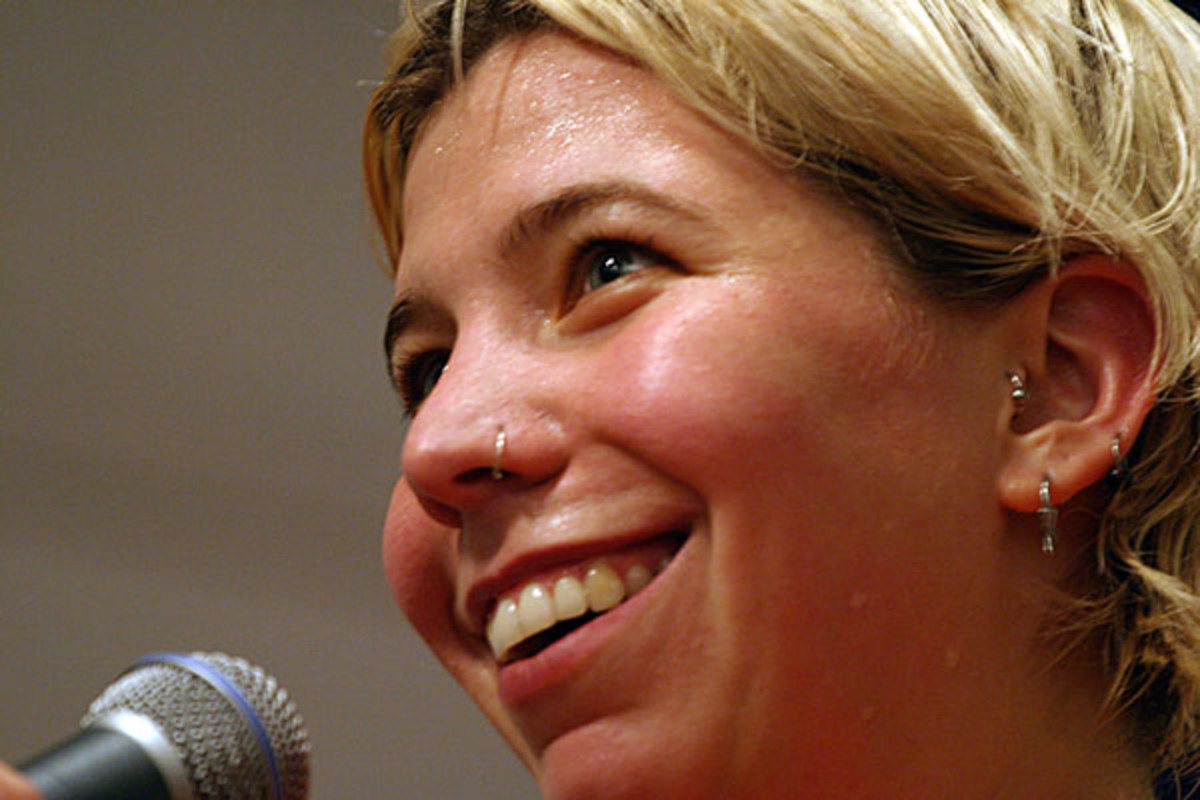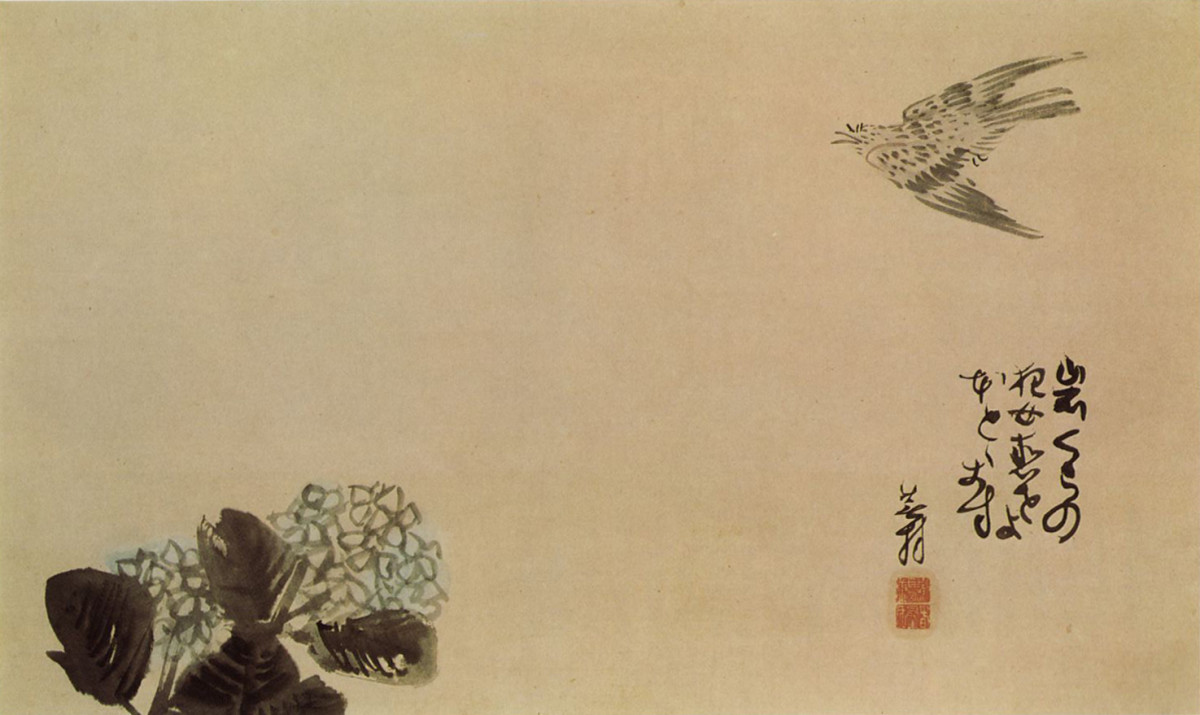Why Poetry Degrees in America are an Elaborate Con
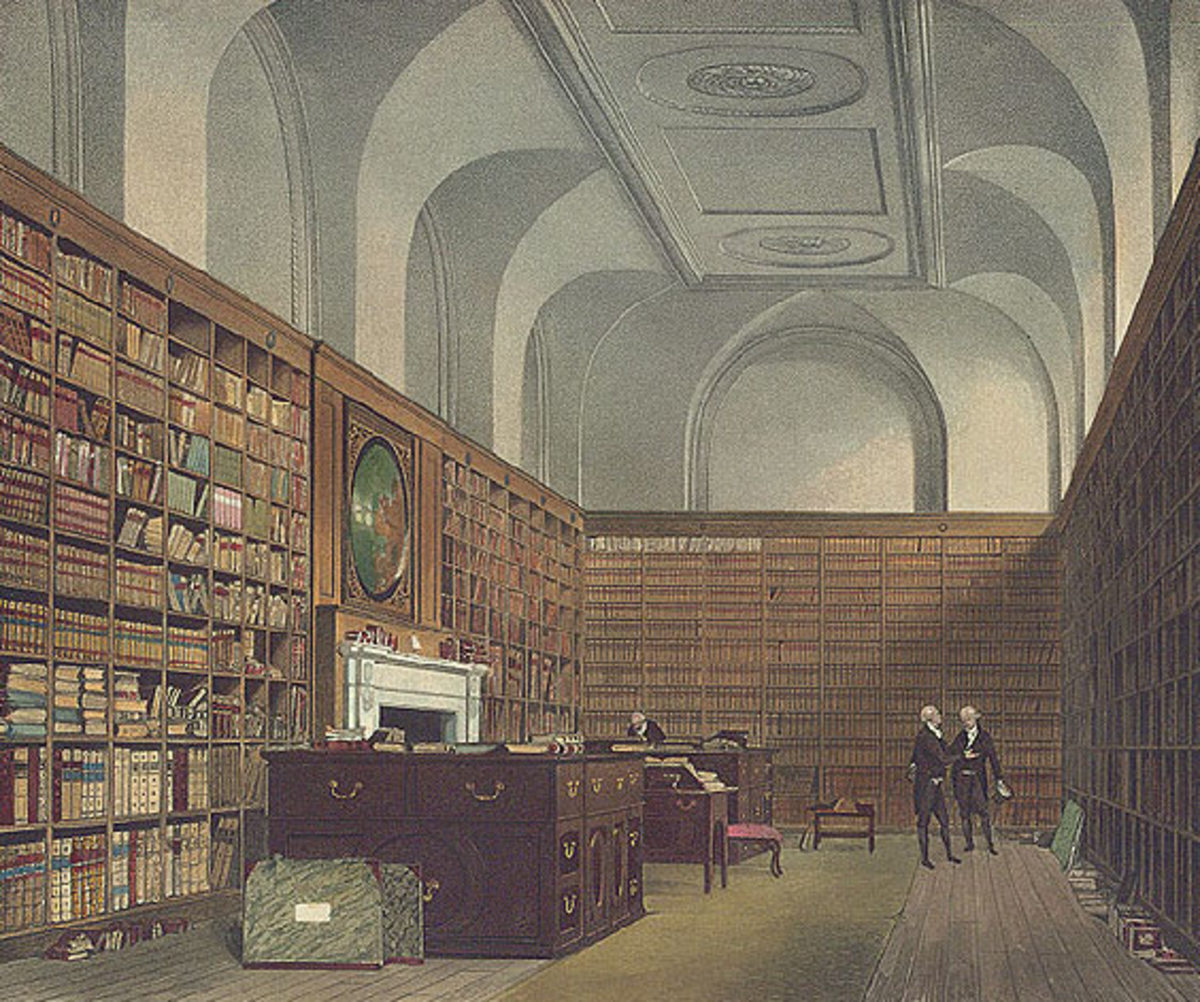
Poets Make More Than You Think... When They Aren't Really Poets!
The idea that poetry is a scam operation is controversial, and bombastic, and aggressive. Poetry, in and of itself, is not a scam. It is an art form. Art doesn't generally have to be a scam. But, the MFA-industrial-complex that has attached itself to the face of poetry like a lamprey sucking out the vital juices is definitely a scam. Allow me to explain by demonstrating that other forms of MFA are not a scam.
I do not believe the fiction or non-fiction side of the arrangement is a scam for one very simple reason: Fiction and Non-Fiction writers generally can make a pretty good living with their skills outside of academia. Between video games, contract work, independent and self-publishers, publishers, subsidiary rights, and freelancing, writers of narrative and pseudo-narrative develop the skills they need to operate successfully in quite a few avenues to success outside of academia.
What is the Career Path of a Poet?
Now, any education is a good thing, generally. And, there is nothing necessarily wrong with pursuing one if one can afford to do so. But, after college, with these poetry skills, what is the career path in the field?
1) Teach poetry.
2) Win grants.
3) Edit poetry funded by grants or universities.
4) ...?
So, considering that poetry is only viable as a field if one is either teaching it or winning grants in it - or editing publications paid for by universities and winning grants - the whole scheme and system of poetics is constructed upon the backs of student tuition and state and federal taxes. There is no thriving poetry "scene" wherein enough money accumulates to provide even moderate levels of income to aspiring poets. Its generally all foundations, non-profits, etc. Which is not necessarily a scam, in and of itself. But, the academic institution that charges tuition, encourages student loans, and otherwise charges hefty fees for such tiny possible rewards as an artist are questionable.
Now consider the amount of competition. How many poetry MFA programs will be hiring new poets every year versus how many MFA graduates exist? How many grants are rewarded that might provide some meaningful income to poets that are not already part of the teaching system?
This looks suspiciously like a pyramid scheme, to me, and I have an MFA (in fiction!).
Again, compare this system across the aisle to fiction and non-fiction. My fellow graduates of the fiction and non-fiction side went on to gain high-profile book deals, work in publishing houses and magazines, became successful freelance writers, business writers, journalists, and went on to Hollywood and video games and all sorts of other fields where prose is valuable. Also, education was available to us as a career. In this regard, the education in writing actually can lead to more professional opportunities than one otherwise might believe.
Poetry, as a system, charges the same tuition. It charges the same percentage on the student loans. It leads to a diminished world of opportunity, where poetry is considered culturally important because poets keep repeating it from the academy.
Poetry is fine, and I enjoy reading poetry on occasion. I even dabble in it in dribs and drabs as the muse strikes me. But, the system of poetry in the academy is an expensive shell game where the people who charm their way to the top sell undergraduates on the idea that the nihilistic irrelevance of poetry is important enough to support with tuition and time, at the expense of the wider success available a few steps away in the academic machinery.
The poets of my own MFA program are teaching poetry while drowning in debt, or drowning in the nightmare of debt while the network and system cultivated casts them aside forever.
Make no mistake about the hippy-dippy, feel-good idealism of populist poetry: The field is cutthroat and capitalist and a game for talented charismatics who climb the ranks tooth and nail.
The Math is Very Bad
The most successful writer I know, financially, is a poet. He produces one book of poetry every couple years. It is about 100 pages long. He is paid in the six figures annually to be the head of an MFA program for other poets, selling the idea at AWP and proclaiming the power and glory of each year of graduates, who are released upon the world, pens in hand, to become great poets.
None of the poets he teaches are likely to become the head of an MFA program. In fact, most of them are very likely to spill out from academia, drowning in debt, lost in a sea of adjunct professorships that are eventually abandoned as the debts continue to pile up. There are less than about 220 MFA programs in America. They will each employ two to five poets each. A dozen poets every year emerge, as a rough estimate, as graduates. 2640 poets a year emerge annually, and the number of openings a year in all 220 of these programs is generally less than a dozen annually, against all graduates.
A private-school professor's average annual salary is 164,000 dollars a year.
Again, unlike other MFA programs, there is no successful publishing industry in poetry that can absorb editors, marketing staff, etc. Unlike other MFA programs, there is no strong relationship with journalism and freelance opportunities. Unlike other MFA programs, one could realistically make a living from the production of the work, alone. Fiction writers can actually make a living as just writers. Creative non-fiction writers can realistically build up to the point in their career where all they do is research and produce new work. Poets retire from the academy at the end of their teaching career, and that's the closest it comes. (Either that, or, like James Merril, they were rich to begin with.)
Do You Need to Have an MFA to be a Poet?
Did Robert Frost have an MFA?
Does Wisława Szymborska have an MFA?
Does Maya Angelou have an MFA?
Does Common have an MFA?
You can be a poet right now. Just start writing and submitting poetry. Plenty of local groups and organizations can be inexpensive opportunities to meet other poets, workshop, and network.
Plus, going this route does not disqualify you from any of the high-paying positions in academia, or any of the grants available. If the work is good, and students are willing to pay top dollar to attend your workshops, the academy will find you.
If you want an MFA, get one in Creative Non-Fiction, or Genre Fiction. I get all the same academic opportunities the poets do, and I also write video games, mystery novels, and occasionally edit interesting publications. When I sit down with businessmen and editors, my degree makes perfect sense, and my skills translate well and consistently. In business, if you're looking for a solid writer, that's not the same as looking for a solid poet. This is a topic for a different hub, as it is a lengthy explanation, but it's true. When business men want solid writers, they're looking for people who can write to their audience and their voice, not individuals who spent years cultivating a singular, insular vision.
Plus, I still get to write poetry and publish it when the mood strikes. I don't have to get the degree to be taken seriously as a poet.
